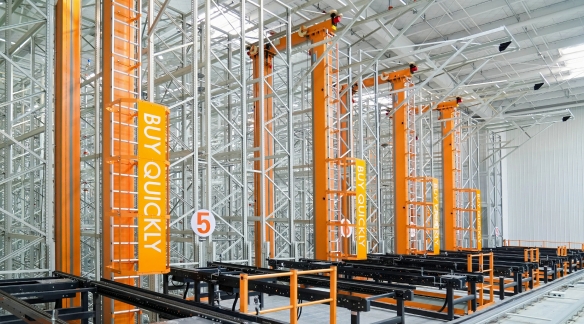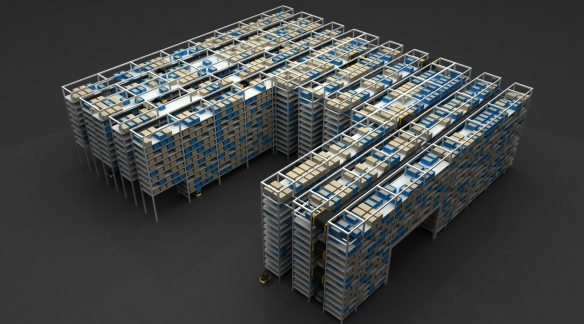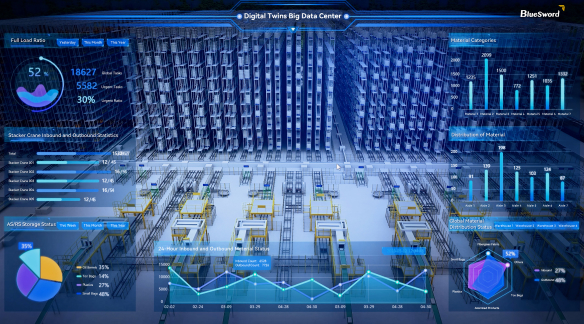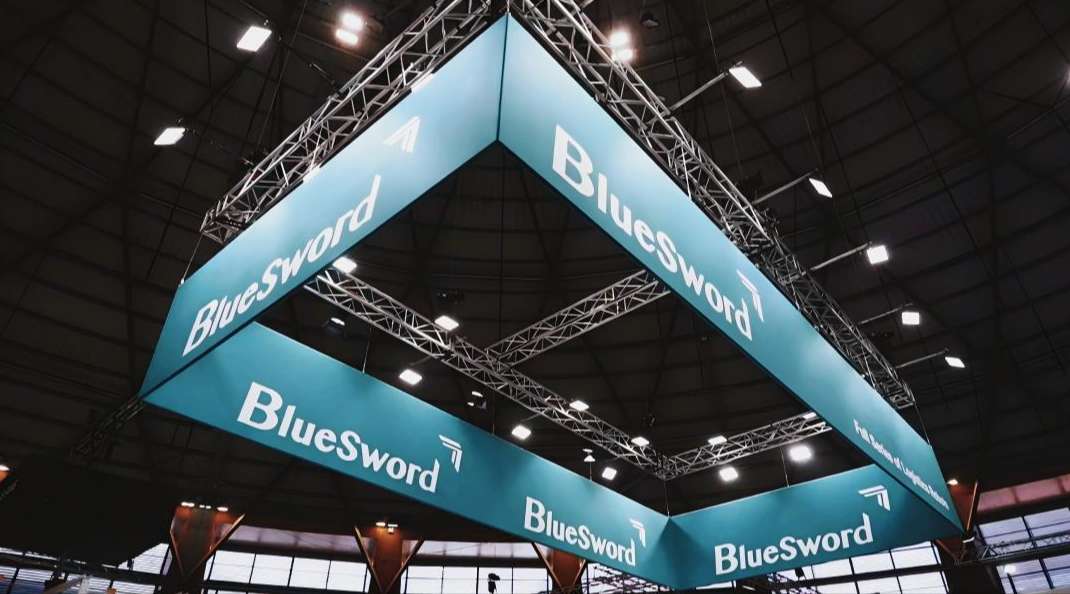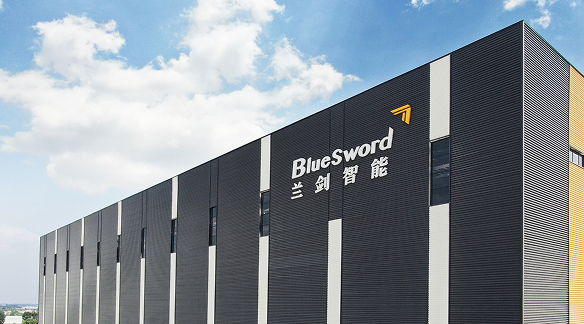UPDATES
Fast-moving consumer goods (FMCG) are an essential part of our everyday lives. With their large market size and ongoing growth, the FMCG industry plays an important role in the global economy.
FMCGs are products that we quickly consume and frequently repurchase, usually with a short shelf life. This category includes the food, beverages, cosmetics, personal care items, cleaning supplies, and over-the-counter medicines that we rely on every day.
According to Cognitive Market Research's latest report, the global FMCG market was valued at approximately USD 12.49 trillion in 2022 and is projected to reach around USD 17.94 trillion by 2030. The FMCG industry is expected to grow at a compound annual growth rate of 6.11% from 2023 to 2030.

As economic globalization and market liberalization expand, the FMCG industry is encountering a series of significant challenges. These challenges not only influence the operational efficiency of companies but also have a profound impact on their competitiveness in the market.
Challenges Facing the FMCG Industry
1. Evolving consumer demand: The growing individuality of consumer needs makes it challenging for companies to grasp market trends. Consumers increasingly demand higher product quality, health, and environmental protection, requiring companies to innovate continuously to meet these diverse and changing needs.
2. Intense market competition: Many brands are competing for a limited market share. New brands are emerging, and established brands need to constantly consolidate and expand their presence, driving up the costs of brand building and maintenance.
3. Diversified sales channels: The integration of online and offline channels requires companies to have efficient logistics and inventory management capabilities to ensure timely and accurate product delivery to consumers.
4. Increasing costs pressure: Rising raw material prices, labor costs, and stricter environmental regulations have increased production costs and operational challenges for companies.
The FMCG industry is experiencing rapid transformations. It has become essential for companies to flexibly adjust production and supply chain management strategies. Meanwhile, leveraging efficient logistics automation solutions plays a crucial role in enhancing competitiveness.
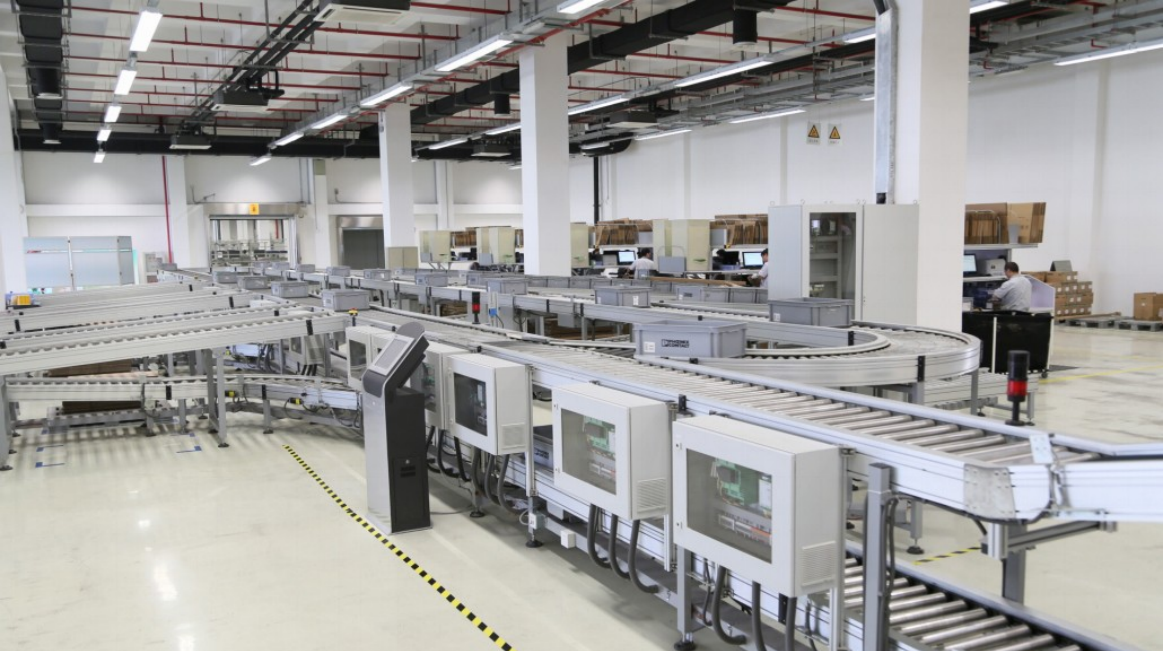
Logistics Characteristics in the FMCG Industry
1. Fast response: Orders can be generated at any time, and companies need efficient fulfillment capabilities to optimize the consumer experience.
2. Complex order structure: High SKU counts, mixed B2B and B2C fulfillment, and increasingly personalized orders are further complicating the order structure within the FMCG industry.
3. Frequent split-case picking: To better meet the requirements of frequent orders, diverse products, and small batches, warehouses need to adopt a flexible storage and picking approach, which includes pallet picking, full-case picking, and split-case picking.
4. Strict cost control: FMCGs have a short consumption cycle and low value. Companies will particularly pay attention to ROI as well as cost reduction and efficiency improvement.
In the FMCG industry, BlueSword has utilized high-speed stacker cranes and advanced S-curve control technology to streamline the order picking process. This innovative approach challenges the notion that stacker cranes are only for goods storage. Additionally, we have developed intelligent warehousing solutions tailored for this sector, featuring vertical storage systems based on stacker cranes and supported by multi-shuttle systems.
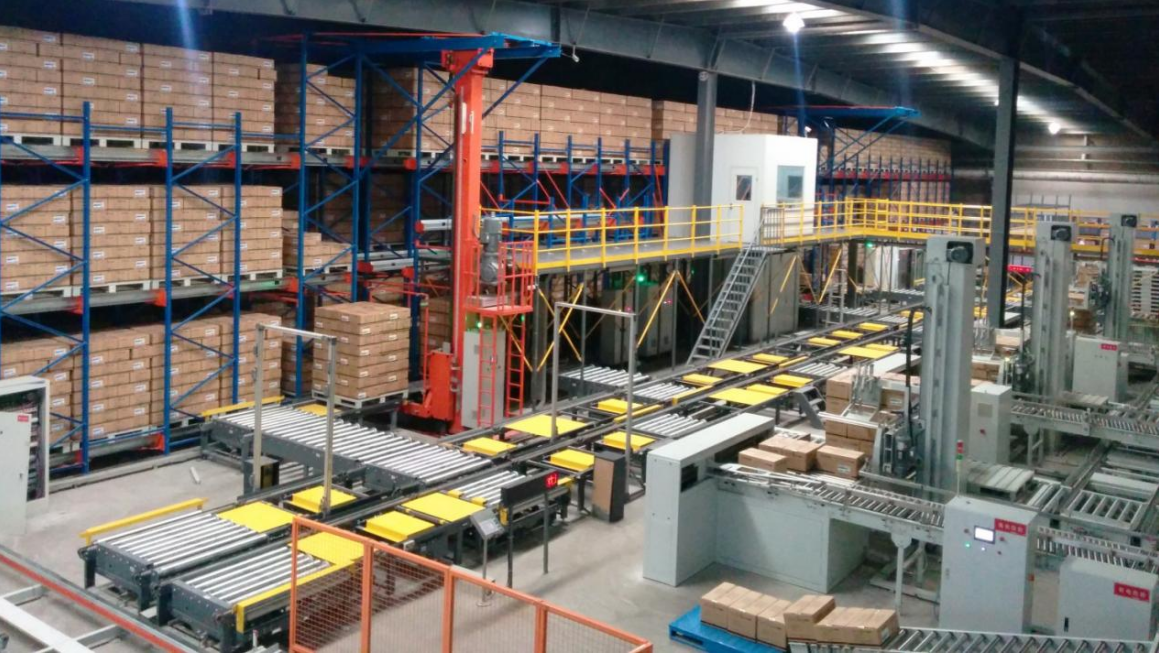
Comprehensive Scenario Solutions
With advanced S-curve control technology, stacker cranes can operate stably at an impressive speed of 240m/min, successfully achieving fast order picking.
The system can achieve non-wrapping storage, streamlining operations and improving storage efficiency.
The variable shuttle robots are compatible with various sizes of cartons and turnover boxes, offering exceptional system flexibility.
The integration of pallet-level and case-level solutions provides high inventory capacity along with significant throughput.
Advanced algorithms and intelligent software effectively improve the overall system efficiency, optimizing supply chain management.

Application Case:
BlueSword Helps a Global Consumer Goods Leader Create an Ultra-Short Supply Chain
High-speed operation: Stacker cranes run at a speed of 240m/min.
Saving wrapping costs: Advanced S-curve control technology ensures stable equipment performance.
High inventory and throughput: Single-deep and double-deep design allow for efficient and dense storage.
Flexible shuttle robots: Variable clamping design supports the mixed storage of cartons and turnover boxes.
3D SCADA system: A fully visualized system enables real-time management of the logistics process.
High-standard assurance: The system complies with the EN 528 standard and has successfully obtained CE certification.
By embracing innovative automated and digital technologies, the FMCG company has improved the speed and accuracy of goods handling, reduced labor and time costs significantly, and as a result, enhanced both order fulfillment efficiency and customer experience.
These changes not only provided the company with a short-term boost in profitability, but also strengthened its logistics capacity for smoothly navigating various challenges in future market competition, supporting its journey towards sustainable development.
For e-commerce logistics, BlueSword has developed a next-generation GTP solution - the Gecko system. This system features exceptional storage density, highly accurate inventory management, and a significant improvement in workflow efficiency.
Innovative E-commerce Solutions
Optimized storage: The Gecko system offers superior space utilization and inventory accuracy, solving challenges of low-efficiency and hard-to-manage of light racking systems.
High-precision picking: The combination of Gecko case-handling robots, AMRs, and ergonomic picking stations delivers accurate and efficient picking. The system can achieve 400-800 picks per hour, dramatically improving over manual picking rates of 80-200 pcs/h.
Streamlined consolidation: By optimizing space and enabling precise, unmanned operations, the system achieves a throughput of 2,000 cases per hour in a single 3-m-wide aisle.
Automated sorting and dispatching: With innovative workstations and proprietary sorting machines, the system boosts output from 500-600 pcs/h to 1,200 pcs/h, significantly reducing labor costs while enhancing sorting and dispatching efficiency.
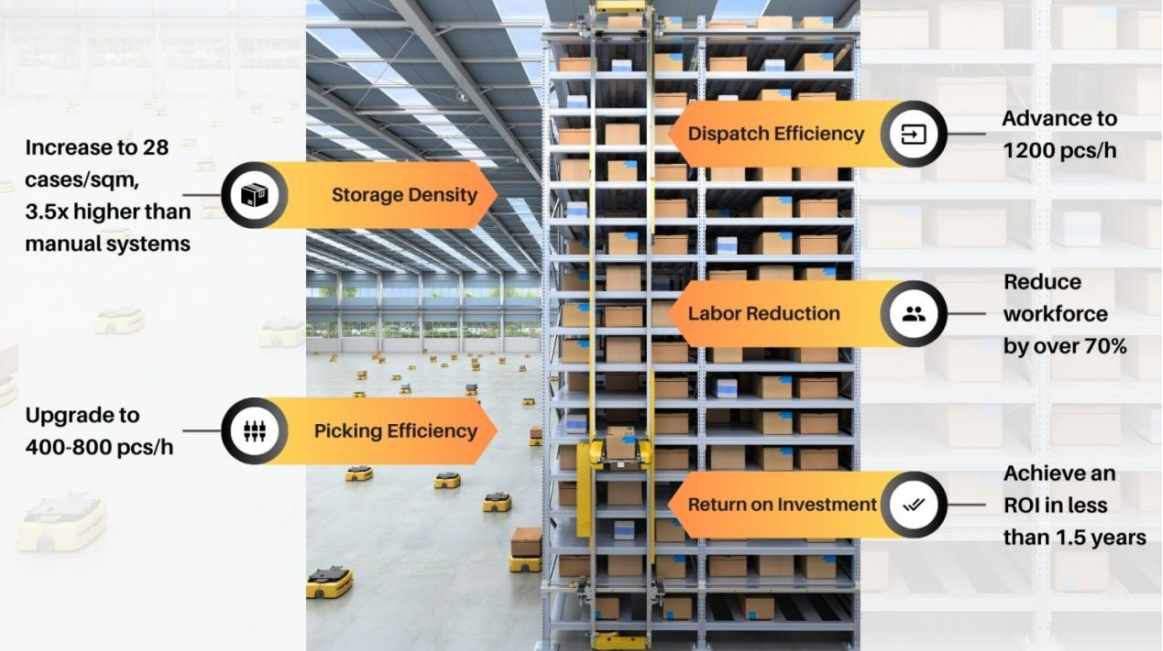
The Gecko system requires no modification of the racks and can adapt to various warehouse floors. It allows for modular expansion without disrupting daily operations, supporting business scales ranging from 5,000 orders to million-level orders.
Subscribe to stay tuned for more updates, and discover more about our future-proof warehousing and logistics solutions.
LinkedIn: https://www.linkedin.com/company/bluesword
YouTube: https://www.youtube.com/@bluesword_intelligent
Read More
-

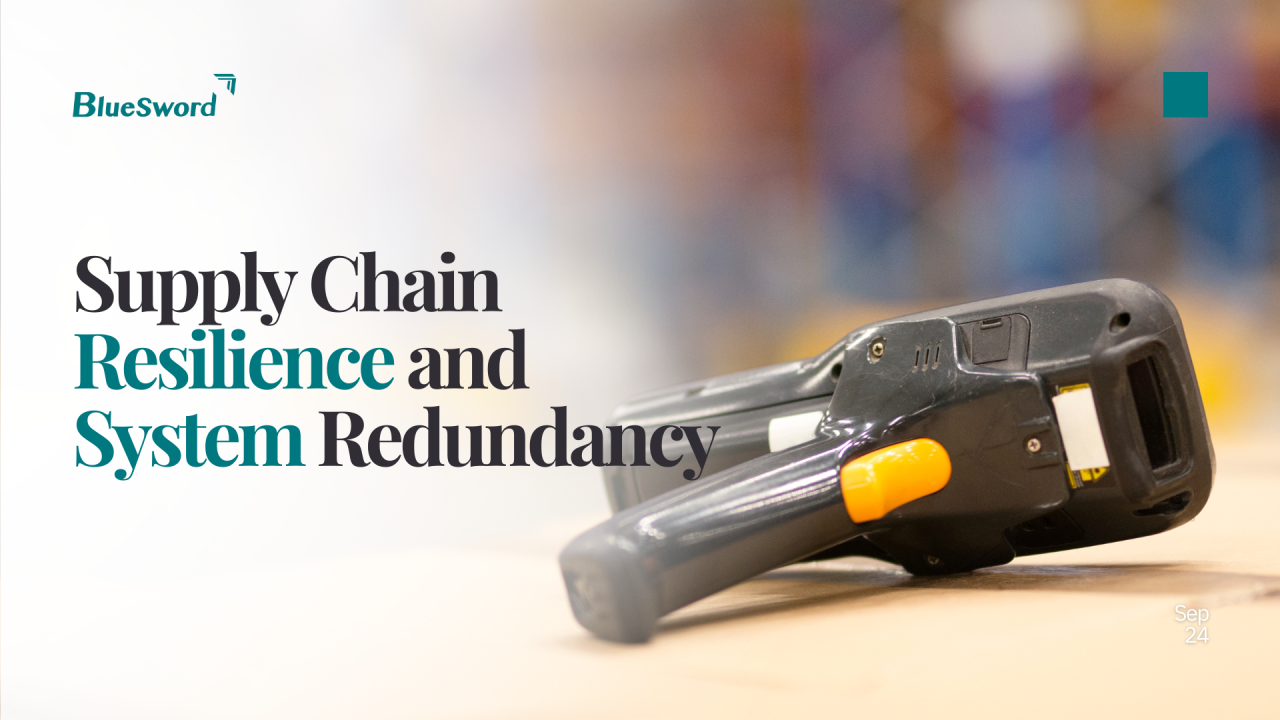 September 24 / 2025Why Automated Warehousing Matters
September 24 / 2025Why Automated Warehousing MattersGlobal supply chains face constant disruption. Automation is redefining warehouses as resilient hubs that keep goods moving no matter the challenge.
READ MORE -

 August 27 / 2025How Automation Changes the Nature of Frontline Work: Confidence, Retention, and Workforce Value
August 27 / 2025How Automation Changes the Nature of Frontline Work: Confidence, Retention, and Workforce ValueAutomation is no longer just about efficiency—it’s transforming warehouses and factories into safer, smarter, and more rewarding places to work.
READ MORE -

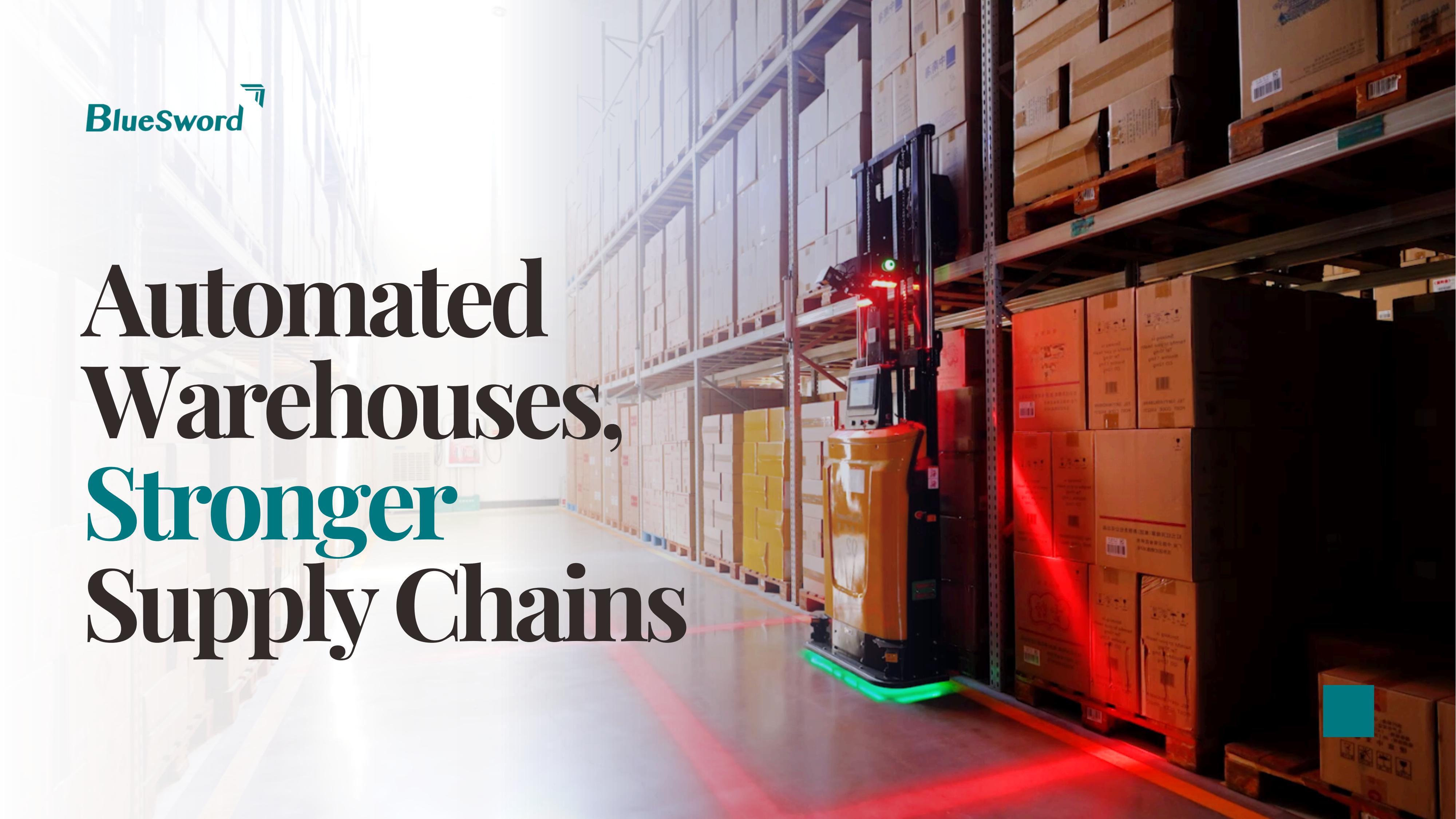 August 19 / 2025Automation in Logistics: Solving Workforce Challenges with Smart Systems
August 19 / 2025Automation in Logistics: Solving Workforce Challenges with Smart SystemsDiscover smart logistics solutions with AMRs, shuttle systems, and automated warehouses. Future-proof your supply chain with intelligent intralogistics systems.
READ MORE -

 July 25 / 2025Robotics Driving Real Safety Transformation in Factories and Warehouses
July 25 / 2025Robotics Driving Real Safety Transformation in Factories and WarehousesSafety in factories and warehouses is often discussed in terms of compliance and injury rates. But true safety goes beyond meeting standards. It requires addressing the root causes of risks and understanding how automation reshapes the daily reality for frontline workers—physically and mentally.
READ MORE -

 May 25 / 2025Are Warehouse Robots Here to Replace Workers—Or to Back Them Where It Counts?
May 25 / 2025Are Warehouse Robots Here to Replace Workers—Or to Back Them Where It Counts?Automation is advancing fast—but where does that leave the people on the ground? This article explores why the future of warehousing isn't a story of replacement, but one of smart collaboration. With real-world cases from BlueSword and global data, we dive into what human-machine partnerships really look like on the warehouse floor.
READ MORE -

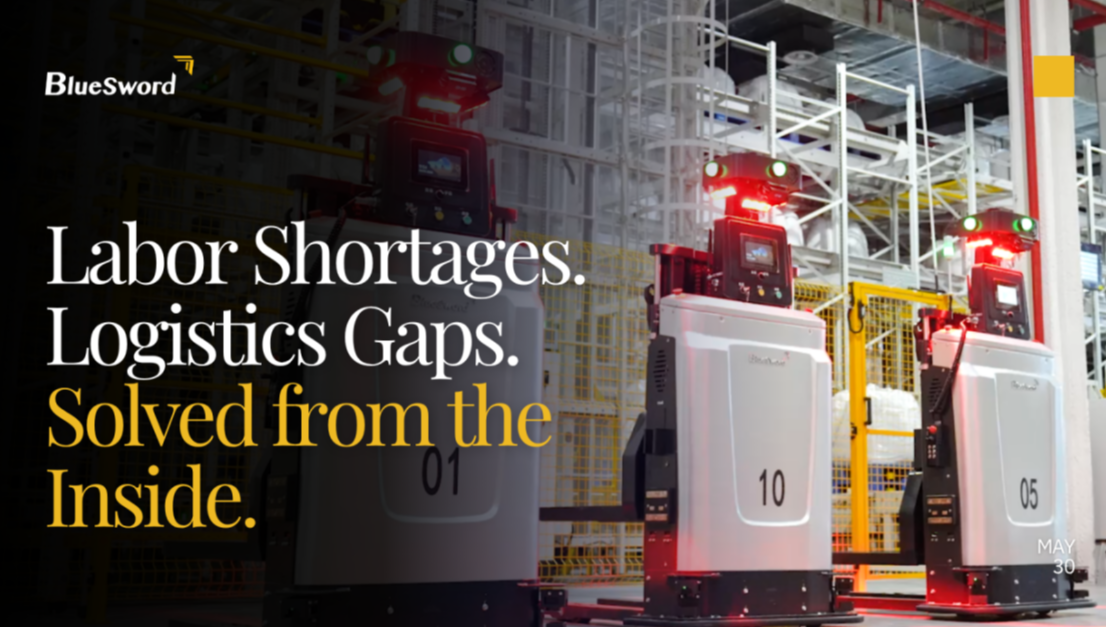 March 30 / 2025What’s Slowing Down Manufacturing—and What Leading Factories Are Doing About It
March 30 / 2025What’s Slowing Down Manufacturing—and What Leading Factories Are Doing About ItWhile automation continues to gain attention across the production line, internal logistics often remains untouched in traditional manufacturing plants.
READ MORE -

 January 2 / 2025Building a Green Logistics Ecosystem with Servo Technology
January 2 / 2025Building a Green Logistics Ecosystem with Servo TechnologyThe conveyor system is essential in modern production and logistics, facilitating the efficient storage, sorting, handling, and distribution of materials. By automating transport processes, it enhances efficiency, accuracy, and safety while effectively reducing labor costs.
READ MORE -

 September 29 / 2024Logistics Transformation: Navigating Challenges in the FMCG Industry
September 29 / 2024Logistics Transformation: Navigating Challenges in the FMCG IndustryFast-moving consumer goods (FMCG) are an essential part of our everyday lives. With their large market size and ongoing growth, the FMCG industry plays an important role in the global economy.
READ MORE


